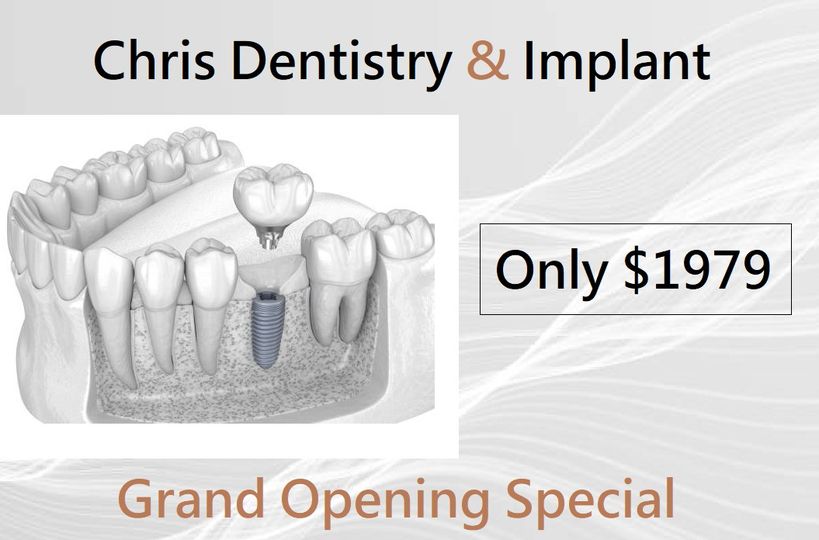
Affordable Dental Implant for Cinco Ranch Community
If you are looking for an affordable dental implant treatment near Cinco Ranch Tx, call Chris Dentistry.

|
Dental implants offer several advantages compared to other tooth replacement options, making them a popular choice for many people. Here are some reasons why someone might choose dental implants: 1. **Natural Appearance**: Dental implants look and feel like natural teeth. They are custom-designed to match the shape, size, and color of your existing teeth, resulting in a seamless and natural-looking smile. 2. **Improved Functionality**: Dental implants function just like natural teeth, allowing you to bite, chew, and speak with confidence. Unlike removable dentures, which can slip or shift while eating or speaking, implants provide stability and support for improved oral function. 3. **Long-Term Solution**: With proper care and maintenance, dental implants can last a lifetime. They are durable and resistant to decay, making them a reliable long-term solution for tooth replacement. 4. **Preservation of Bone Health**: When a tooth is lost, the underlying jawbone can deteriorate over time due to lack of stimulation. Dental implants integrate with the jawbone through a process called osseointegration, which helps preserve bone density and prevent bone loss. 5. **No Damage to Adjacent Teeth**: Unlike dental bridges, which require the alteration of adjacent teeth to support the restoration, dental implants are standalone restorations that do not rely on neighboring teeth for support. This preserves the integrity of adjacent teeth and reduces the risk of future dental problems. 6. **Enhanced Comfort**: Dental implants eliminate the discomfort and inconvenience associated with removable dentures. They become a permanent part of your mouth, eliminating the need for adhesives or removal for cleaning. 7. **Improved Oral Health**: Dental implants do not require special cleaning or maintenance beyond regular brushing, flossing, and dental checkups. Unlike dental bridges, which can trap food particles and bacteria underneath the restoration, implants are easy to clean and maintain for optimal oral hygiene. 8. **High Success Rate**: Dental implants have a high success rate, especially when placed by a skilled and experienced dentist or oral surgeon. With proper care, the risk of complications such as implant failure or infection is minimal. Overall, dental implants offer a permanent, natural-looking, and functional solution for tooth replacement, improving both oral health and quality of life for many individuals. If you are considering tooth replacement options, consult with a qualified dentist or oral surgeon to determine if dental implants are right for you. |
|
Dental implants are a modern tooth replacement solution that mimics the structure and function of natural teeth. Here's how the dental implant process works: 1. **Assessment and Planning**: The process begins with a comprehensive dental examination and assessment of your oral health. Your dentist will evaluate factors such as bone density, gum health, and the overall condition of your teeth and jaws to determine if you are a suitable candidate for dental implants. This may involve X-rays, CT scans, or other imaging techniques to assess the bone structure and plan the placement of the implants. 2. **Surgical Placement of the Implant**: If you are deemed a suitable candidate for dental implants, the next step is the surgical placement of the implant fixture. This is a titanium post that serves as a replacement for the tooth root. The implant is surgically placed into the jawbone during a minor oral surgery procedure. The implant is then left to integrate with the surrounding bone through a process called osseointegration, which typically takes several months. 3. **Healing and Osseointegration**: After the implant is placed, a healing period is necessary to allow the implant to fuse with the jawbone. During this time, osseointegration occurs, as the bone cells grow and adhere to the surface of the implant. This process provides stability and support for the implant, similar to the natural tooth root. 4. **Abutment Placement**: Once osseointegration is complete and the implant is securely integrated with the jawbone, a small connector called an abutment is attached to the implant. The abutment serves as a link between the implant fixture and the final restoration (crown, bridge, or denture). 5. **Final Restoration Placement**: After the abutment is placed, impressions of your teeth are taken to create a custom-made restoration that will be attached to the implant. This restoration, which could be a single crown, bridge, or denture, is designed to match the shape, size, and color of your natural teeth for a seamless and natural-looking result. The restoration is then securely attached to the abutment, completing the dental implant process. 6. **Follow-Up Care**: After the completion of the dental implant procedure, regular follow-up visits with your dentist are essential to monitor the health and stability of the implant and restoration. Good oral hygiene practices, including brushing, flossing, and regular dental checkups, are crucial for maintaining the longevity and success of your dental implant. Overall, dental implants provide a permanent and reliable solution for tooth replacement, restoring both the appearance and function of your smile for improved oral health and quality of life. |
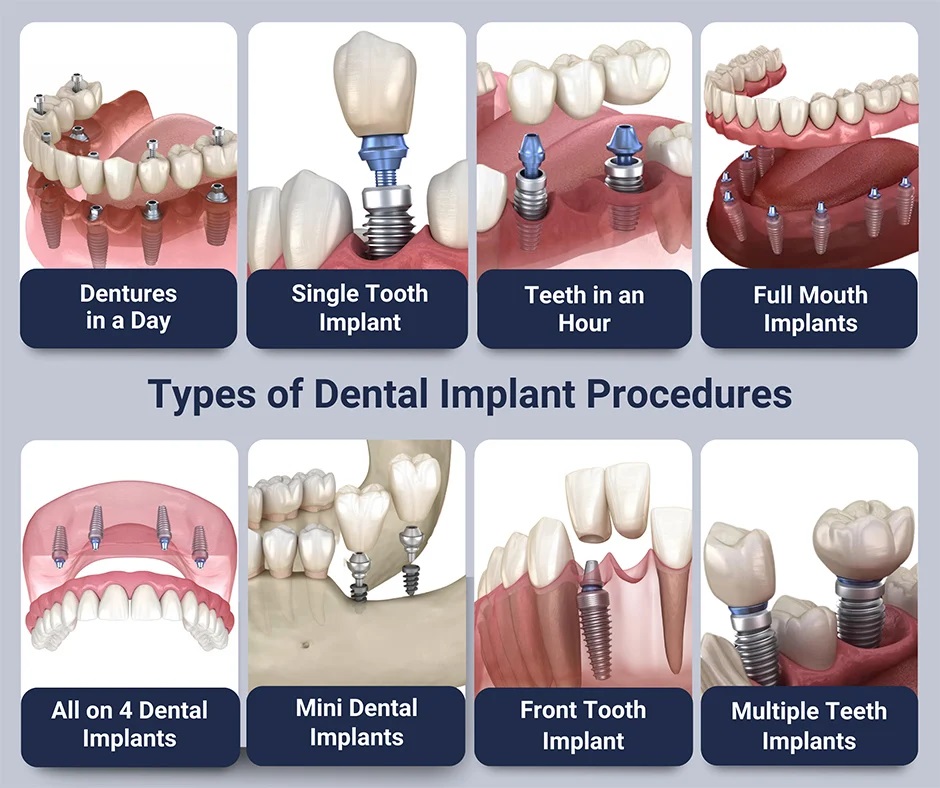
|
There are several types of dental implants, each designed to address specific dental needs and conditions. Here are the main types:
Each type of dental implant has its own advantages and indications, and the choice of implant type depends on factors such as the patient's oral health, bone structure, treatment goals, and preferences. It's essential to consult with a qualified dentist or oral surgeon to determine the most appropriate type of dental implant for your individual needs. |
|
Dental implants are typically made from biocompatible materials that are well-tolerated by the body and capable of integrating with the surrounding bone tissue. The most common material used for dental implants is titanium, but other materials may also be used in certain cases. Here are the main materials used for dental implants: 1. **Titanium**: Titanium is the most widely used material for dental implants due to its excellent biocompatibility, strength, and durability. Titanium implants are highly resistant to corrosion and have a proven track record of success in dental implantology. The titanium implant fixture is surgically placed into the jawbone, where it integrates with the surrounding bone tissue through a process called osseointegration, providing a stable foundation for the attachment of a crown, bridge, or denture. 2. **Titanium Alloys**: In addition to pure titanium, titanium alloys may also be used for dental implants. These alloys combine titanium with other metals such as aluminum, vanadium, or zirconium to enhance specific properties such as strength, biocompatibility, or corrosion resistance. Titanium alloys offer similar benefits to pure titanium and are commonly used in dental implant manufacturing. 3. **Zirconia (Zirconium Oxide)**: Zirconia implants are an alternative to titanium implants, particularly for patients with metal allergies or sensitivities. Zirconia is a ceramic material known for its biocompatibility, tooth-like appearance, and excellent aesthetic properties. Zirconia implants are white in color and can provide a more natural-looking result, especially in patients with thin or translucent gingival tissue. While zirconia implants may not integrate with the bone as extensively as titanium implants, they offer high success rates and are suitable for certain clinical situations. 4. **Ceramic Implants**: Ceramic implants are another alternative to titanium implants, made from materials such as alumina or yttria-stabilized zirconia. Ceramic implants offer excellent biocompatibility, natural aesthetics, and resistance to corrosion and plaque accumulation. They are particularly well-suited for patients who prefer metal-free restorations or have concerns about potential metal sensitivities. Ceramic implants may require specialized surgical techniques and have slightly different mechanical properties compared to titanium implants. 5. **Hybrid Implants**: Hybrid implants combine different materials to leverage their respective advantages. For example, some hybrid implants feature a titanium implant fixture with a zirconia abutment or crown for improved aesthetics and biocompatibility. Hybrid implants allow for customized treatment solutions that address the unique needs and preferences of individual patients. The choice of implant material depends on various factors, including the patient's oral health, aesthetic preferences, medical history, and treatment goals. Your dentist or oral surgeon will evaluate these factors and recommend the most appropriate implant material for your specific case. |
|
Certainly! Dental implants offer numerous benefits, but there are also considerations to keep in mind. Here's a breakdown of the pros and cons: Pros: 1. **Natural Appearance**: Dental implants look and feel like natural teeth. They are custom-designed to match the shape, size, and color of your existing teeth, resulting in a seamless and natural-looking smile. 2. **Improved Functionality**: Dental implants function just like natural teeth, allowing you to bite, chew, and speak with confidence. Unlike removable dentures, which can slip or shift while eating or speaking, implants provide stability and support for improved oral function. 3. **Long-Term Solution**: With proper care and maintenance, dental implants can last a lifetime. They are durable and resistant to decay, making them a reliable long-term solution for tooth replacement. 4. **Preservation of Bone Health**: Dental implants stimulate the jawbone through a process called osseointegration, helping to preserve bone density and prevent bone loss. This can maintain the structure of your face and prevent the sunken appearance often associated with tooth loss. 5. **No Damage to Adjacent Teeth**: Unlike dental bridges, which require the alteration of adjacent teeth to support the restoration, dental implants are standalone restorations that do not rely on neighboring teeth for support. This preserves the integrity of adjacent teeth and reduces the risk of future dental problems. 6. **Enhanced Comfort**: Dental implants eliminate the discomfort and inconvenience associated with removable dentures. They become a permanent part of your mouth, eliminating the need for adhesives or removal for cleaning. 7. **Improved Oral Health**: Dental implants do not require special cleaning or maintenance beyond regular brushing, flossing, and dental checkups. Unlike dental bridges, which can trap food particles and bacteria underneath the restoration, implants are easy to clean and maintain for optimal oral hygiene. Cons: 1. **Cost**: Dental implants can be more expensive than other tooth replacement options, such as dentures or dental bridges. However, considering their longevity and benefits, many people view them as a worthwhile investment in their oral health and quality of life. 2. **Surgical Procedure**: The placement of dental implants involves oral surgery, which carries some risks, such as infection, nerve damage, or injury to surrounding structures. However, with proper planning and skilled professionals, the risks associated with implant surgery are minimal. 3. **Time Commitment**: The dental implant process typically requires multiple appointments over several months, including the surgical placement of the implant, healing and osseointegration, and the placement of the final restoration. While this ensures a successful outcome, it may require patience and commitment from the patient. 4. **Bone Loss Requirement**: To support dental implants, patients need to have sufficient bone density and volume in the jawbone. In cases of significant bone loss, bone grafting procedures may be necessary to augment the bone before implant placement. 5. **Not Suitable for Everyone**: Not everyone is a suitable candidate for dental implants. Factors such as inadequate bone density, certain medical conditions, or habits like smoking may affect eligibility for implant treatment. However, advancements in implant technology and techniques have expanded the pool of potential candidates for implants. Ultimately, the decision to pursue dental implants should be made in consultation with a qualified dentist or oral surgeon, who can assess your individual needs, discuss your treatment options, and help you make an informed decision based on your oral health goals and preferences. |
|
The cost of dental implants can vary widely depending on several factors, including the number of implants needed, the complexity of the case, the location of the dental practice, and any additional procedures required. Here's a breakdown of the typical costs associated with dental implants: 1. **Implant Fixture**: This is the titanium post that is surgically placed into the jawbone to serve as the replacement for the tooth root. The cost of the implant fixture itself can range from $1,000 to $3,000 per implant. 2. **Abutment**: The abutment is the connector piece that attaches to the implant fixture and supports the final restoration (crown, bridge, or denture). The cost of the abutment can range from $200 to $500 per implant. 3. **Final Restoration**: The cost of the final restoration depends on the type of restoration needed (crown, bridge, or denture) and the materials used. A single dental crown can cost between $1,000 and $3,000, while a full-arch implant-supported denture can cost $5,000 to $30,000 or more. 4. **Additional Procedures**: In some cases, additional procedures may be required to prepare the mouth for implant placement, such as bone grafting to augment the jawbone or sinus lift surgery to increase bone volume in the upper jaw. The cost of these procedures can vary depending on their complexity and the extent of bone loss, ranging from $500 to $5,000 or more per procedure. 5. **Consultation and Diagnostic Fees**: Your initial consultation with the dentist or oral surgeon may involve diagnostic tests such as X-rays, CT scans, or impressions to assess your oral health and treatment needs. These diagnostic fees are typically included in the overall cost of treatment or may be billed separately. 6. **Insurance Coverage**: Some dental insurance plans may provide coverage for dental implants and related procedures, but coverage varies widely depending on the insurance provider and policy. It's essential to check with your insurance company to understand your coverage and any out-of-pocket expenses you may incur. 7. **Financing Options**: Many dental practices offer financing options or payment plans to help make dental implant treatment more affordable. These may include third-party financing companies, in-house financing plans, or payment arrangements with the dental practice. Overall, the total cost of dental implant treatment can range from a few thousand dollars for a single implant to tens of thousands of dollars for full-mouth rehabilitation with multiple implants. While dental implants may require a significant upfront investment, many people view them as a worthwhile long-term solution for tooth replacement due to their durability, natural appearance, and functional benefits. |
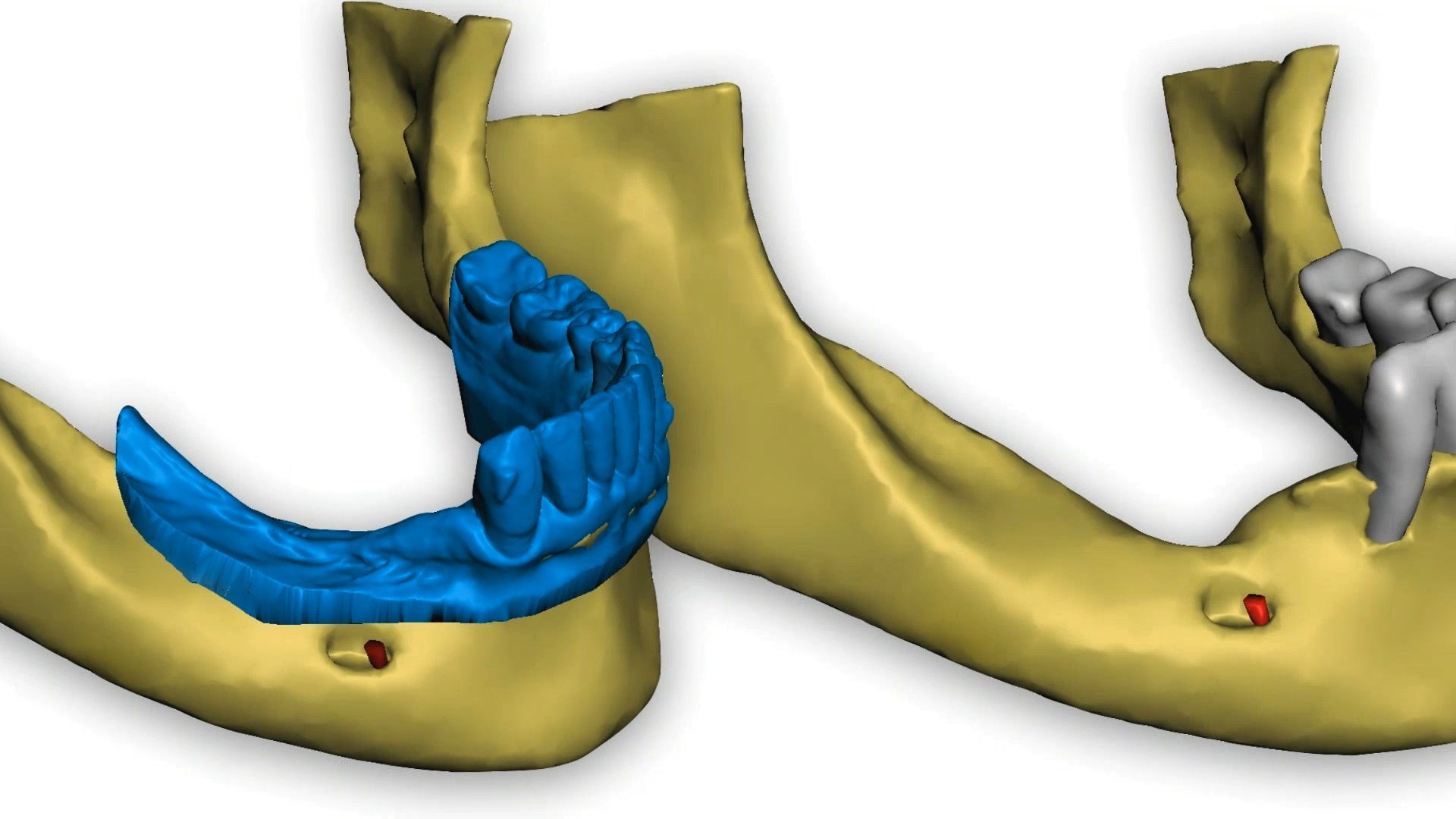 |
| The arch is scanned with impresssion for study model |
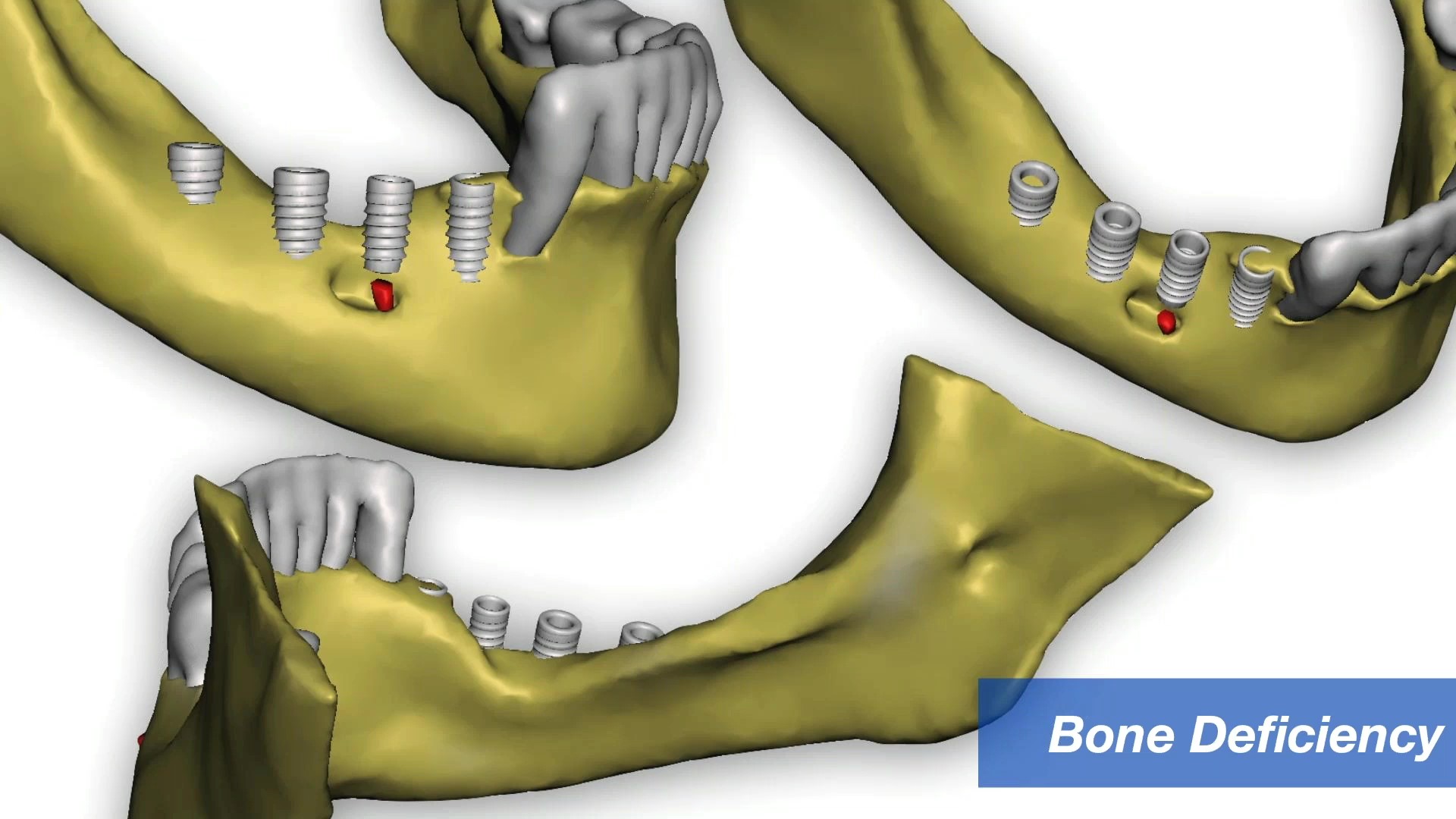 |
| Digital implant place and simulated for correct position |
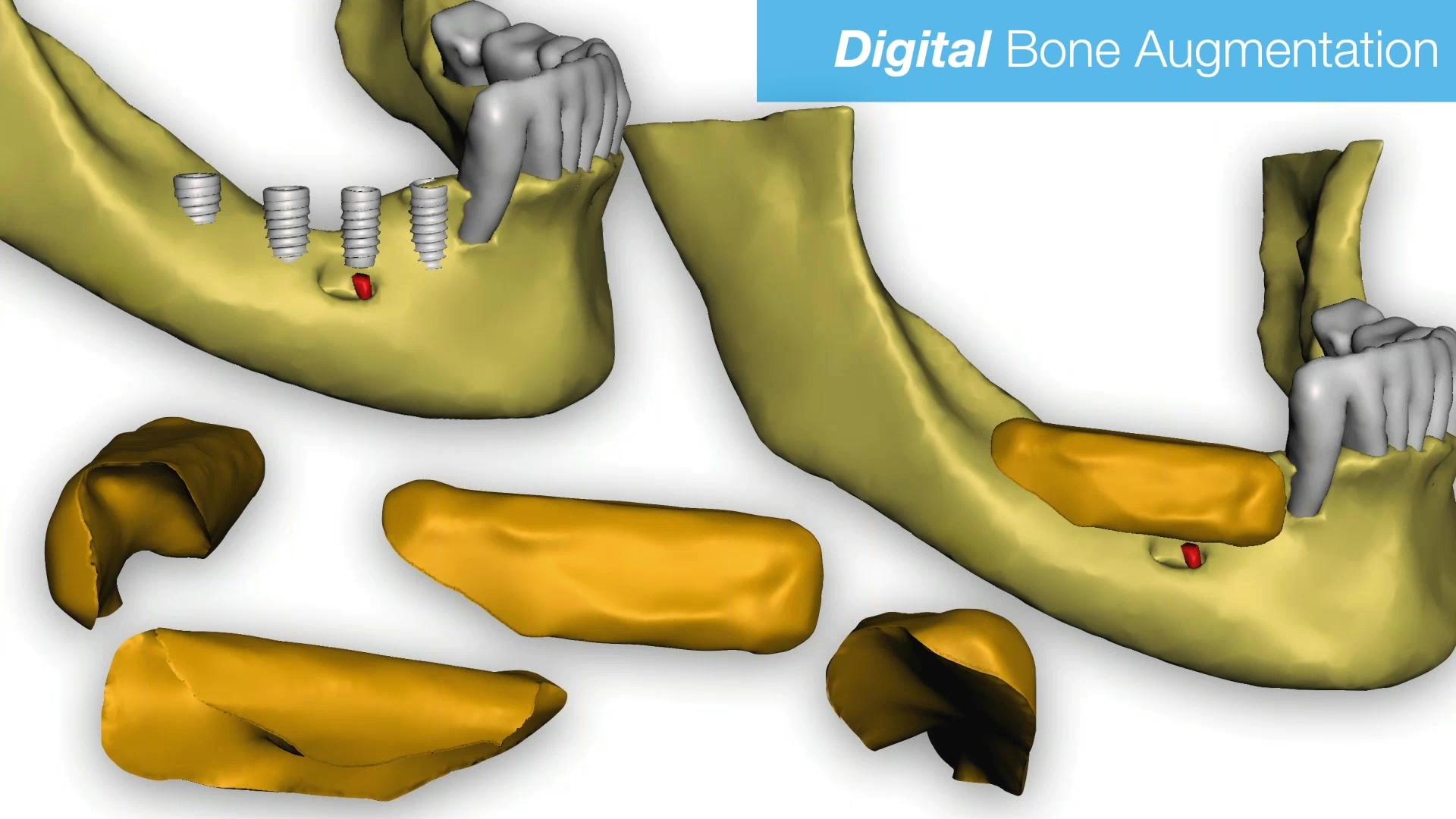 |
| Bone volume and density analysis |
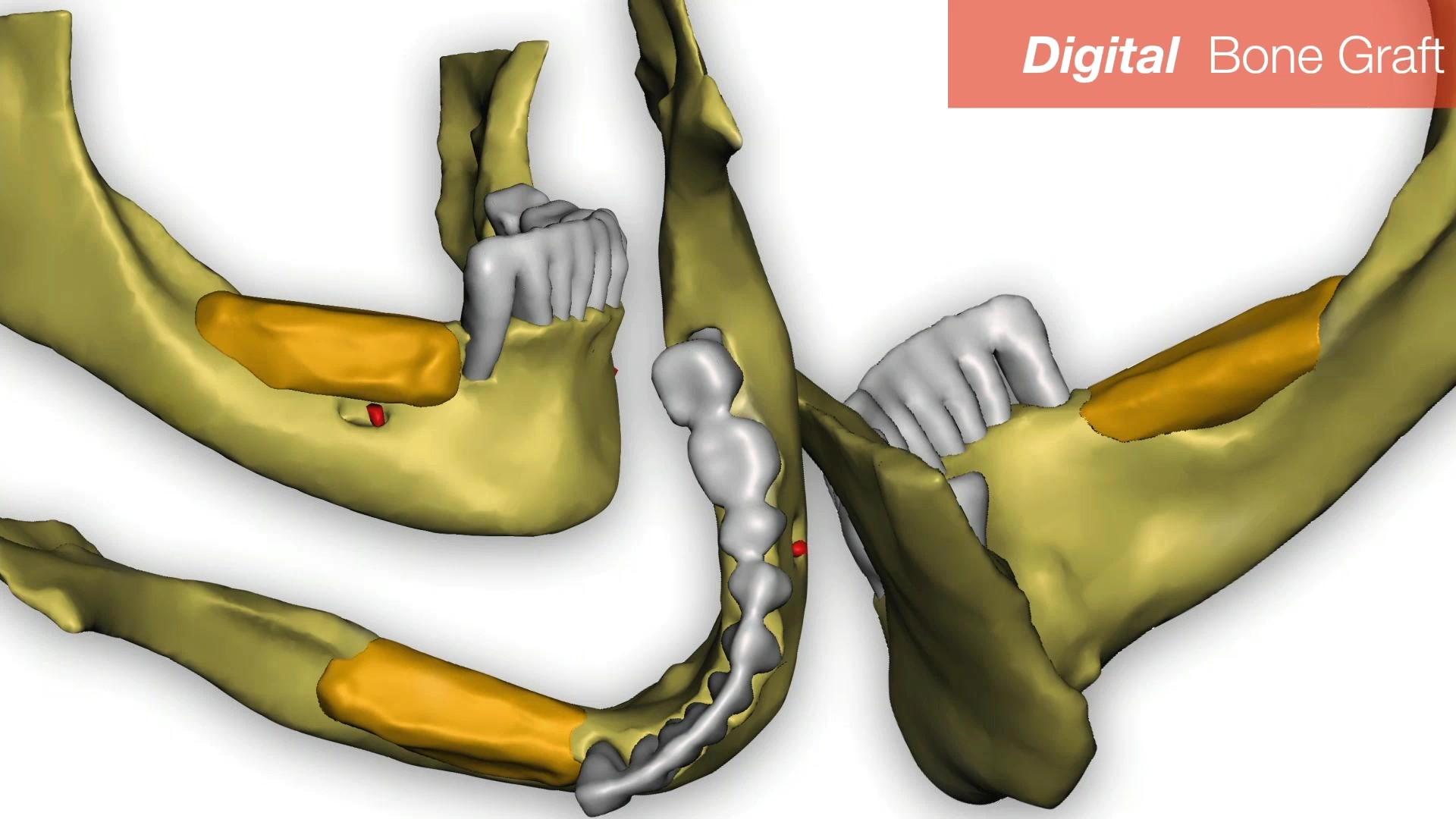 |
| Bone analysis with conjuction with Implant |
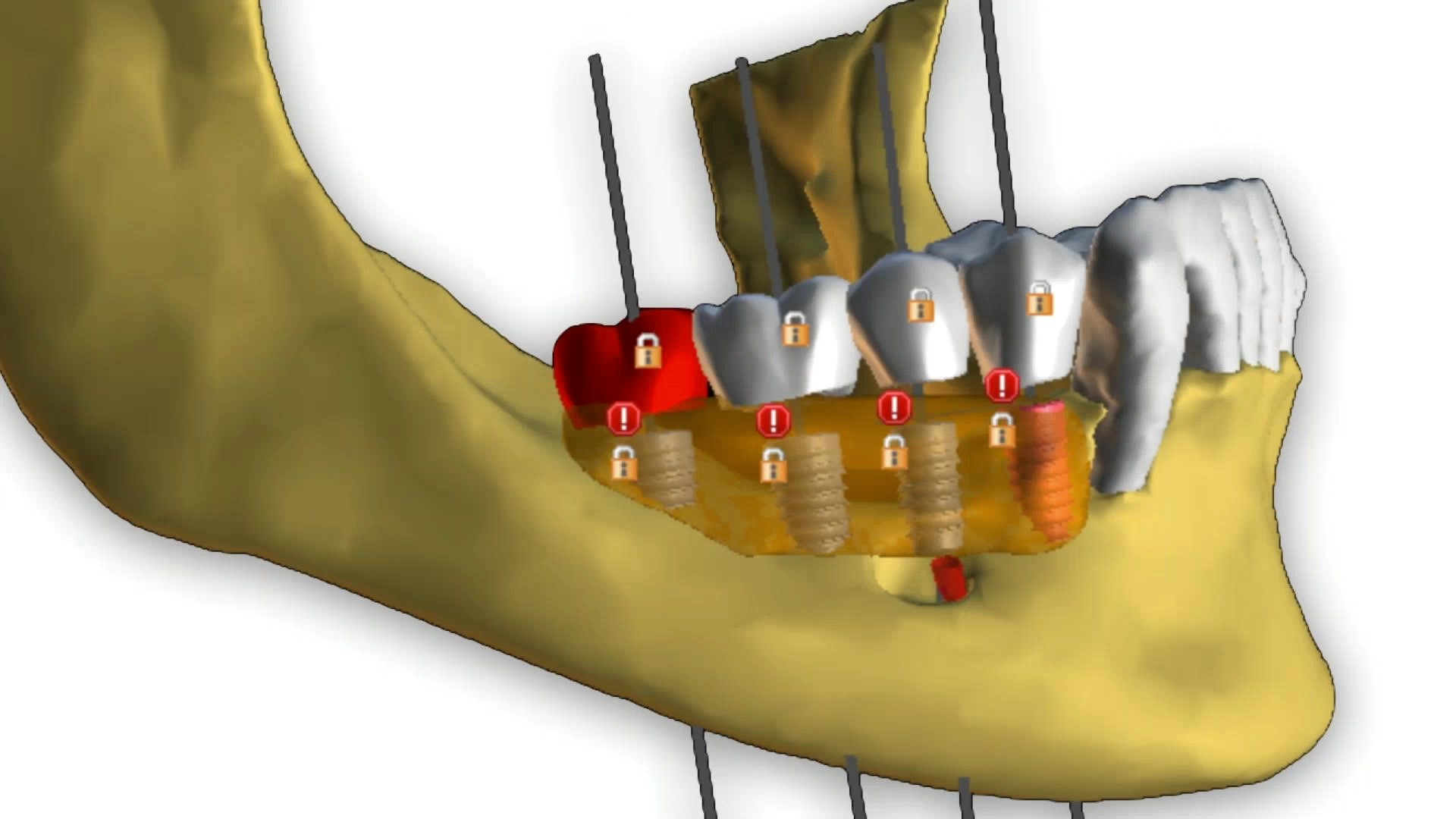 |
| Implant location analysis in occlusion to upper arch. |
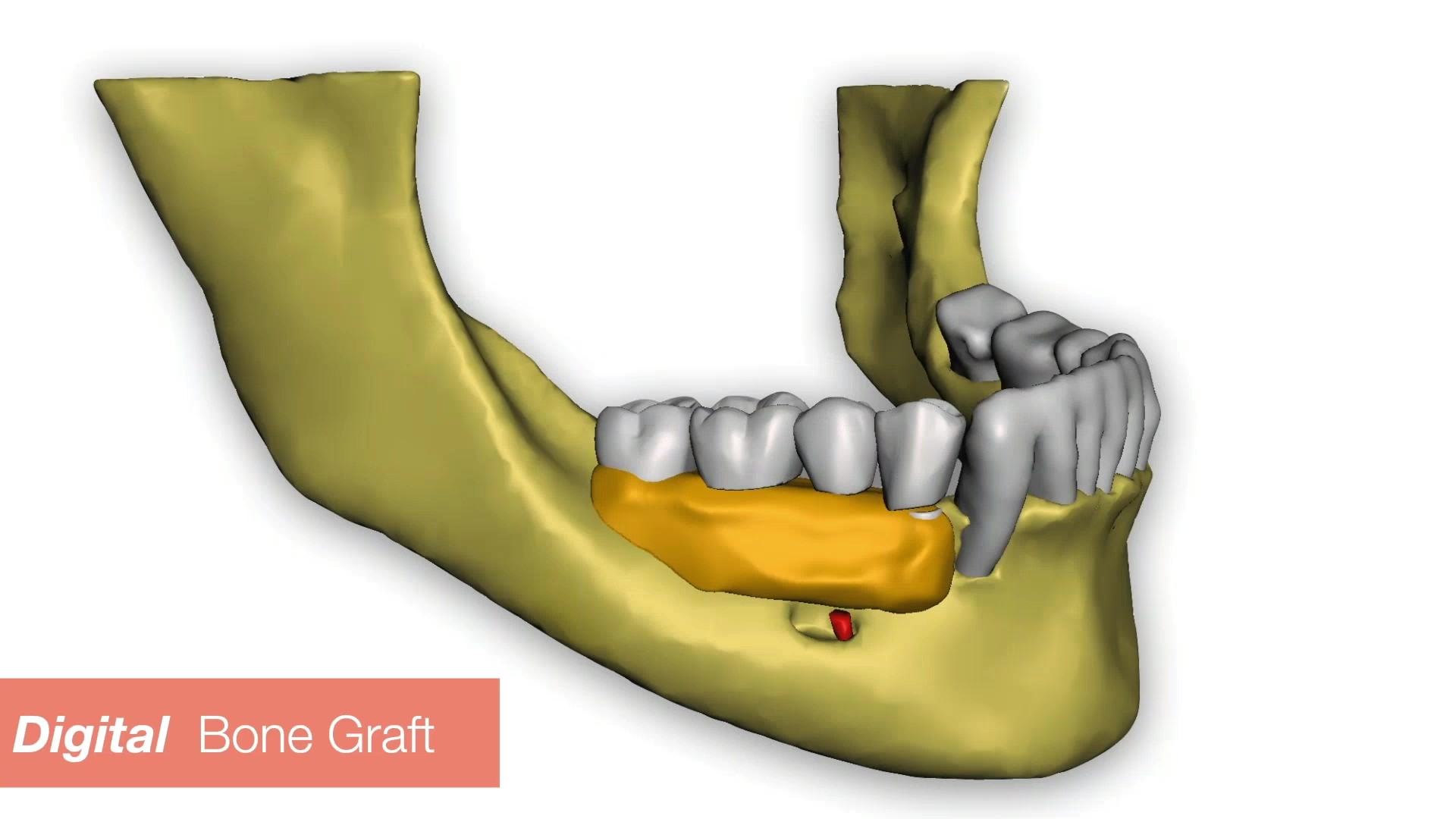 |
| Graft and Implant determination before clinical surgery |
|
|
|
Information |
4 Locations to serve you. Webster, Pearland, Katy, and Houston
Email=piiam@dr.com. Main Phone/Text=832.935.2418
Address: 100 E NASA Pkwy # 50, Webster, TX 77598
Marketing, Branding, Office Design and Build by www.7boxdesigner.com